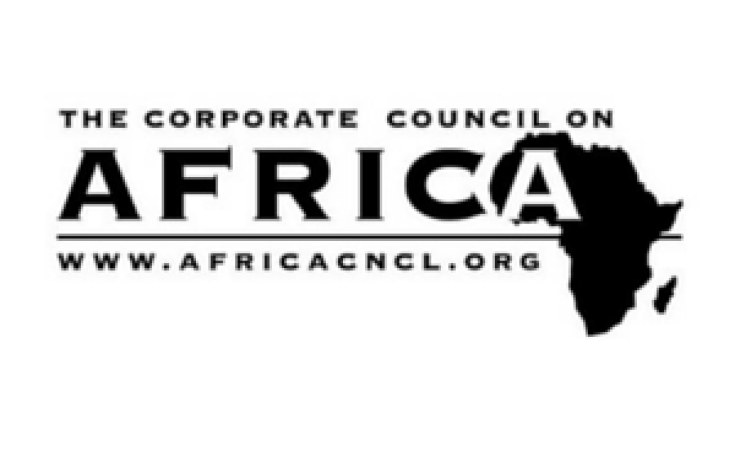Philadelphia, Pennsylvania, USA — "Ladies and Gentlemen, The road ahead is long and its gonna be tough. But Africa is on its way." That remark came from the United States Assistant Secretary of State for African Affairs, Walter H. Kansteiner III, addressing a luncheon in Philadelphia Thursday at the US-African Business Summit, organized by the Corporate Council on Africa.
Kansteiner was representing the US Secretary of State Colin Powell, who was scheduled to give a keynote speech at the Business Summit, but cancelled his appearance in Philadelphia because of pressing duties, related to Americas war against terrorism.
Powells deputy highlighted the importance of the role of business in the development of Africa in his speech. Kansteiner told assembled African and American business, government and social leaders that since the Corporate Council on Africa was founded in the USA in 1992, "trade and investment with Africa has nearly doubled."
He said Africa was "on its way, in large part, thanks to you, the private sector. Its your efforts and this coming together of the American and African private sectors, you all in this room today, its the theme of this conference and its also the central theme of the Bush Administrations policy towards Africa."
Joint ventures between large, medium and small businesses and entrepreneurs in Africa and America were the key to generating opportunities and capturing markets and resources, said Kansteiner, though he sounded this warning. "Is there risk? You bet theres risk. But there is also reward. For every investment that doubles, there is one that goes belly up. But thats business."
The language everyone, in and out of business, understood was ROI, Return on Investment, Kansteiner added, underlining that the average return on U.S. investments in Africa was an attractive 31 percent. "And I tell you, there is no other region in the world that can boast a 31 percent ROI".
The Assistant Secretary of State for African Affairs outlined the conditions on the continent that could lead to more trade and investment and higher incomes. The American marketplace was open for African goods and services, "in the spirit of AGOA - the African Growth and Opportunity Act," said Kansteiner, which would reward good government with trade benefits.
An eye on the environment, the continuing battle against HIV/AIDS in Africa, and an end to the many conflicts on the continent, were prerequisites for a business climate that would encourage investors, he said.
In an earlier speech on Thursday, James A. Harmon, a former chairman of the US Export-Import Bank, told delegates to the Summit that, in his opinion, what was needed today was "a Marshall Plan for the developing world, starting with Africa."
But Harmon envisaged a change in the mechanics for setting up this modern-day recovery campaign, which would be different from the methods used to rehabilitate European infrastructure, post-World War II.
"The Marshall Plan was administered by the United States, using approximately US$12bn in direct aid. The effort I am suggesting (now) would involve far more resources, more than US$200bn a year" in trade finance provided by the G-7 countries.
Unlike Kansteiner, who stressed the need for American private sector involvement to boost trade and business in Africa, Harmon said "in the aftermath of September 11, at least for the short- and medium-term, I firmly believe that the major responsibility now rests with the public sector " principally the governments of the United States and other G-7 countries".
Harmon concluded that the private financial community could contribute by working "around the periphery to steer some capital into Africa," but there was "simply too much risk for them to do more.
"If we want a stable, growing Africa fuelled by an adequate and steady supply of capital, then the public sector has to prime the pump in a significant fashion."


